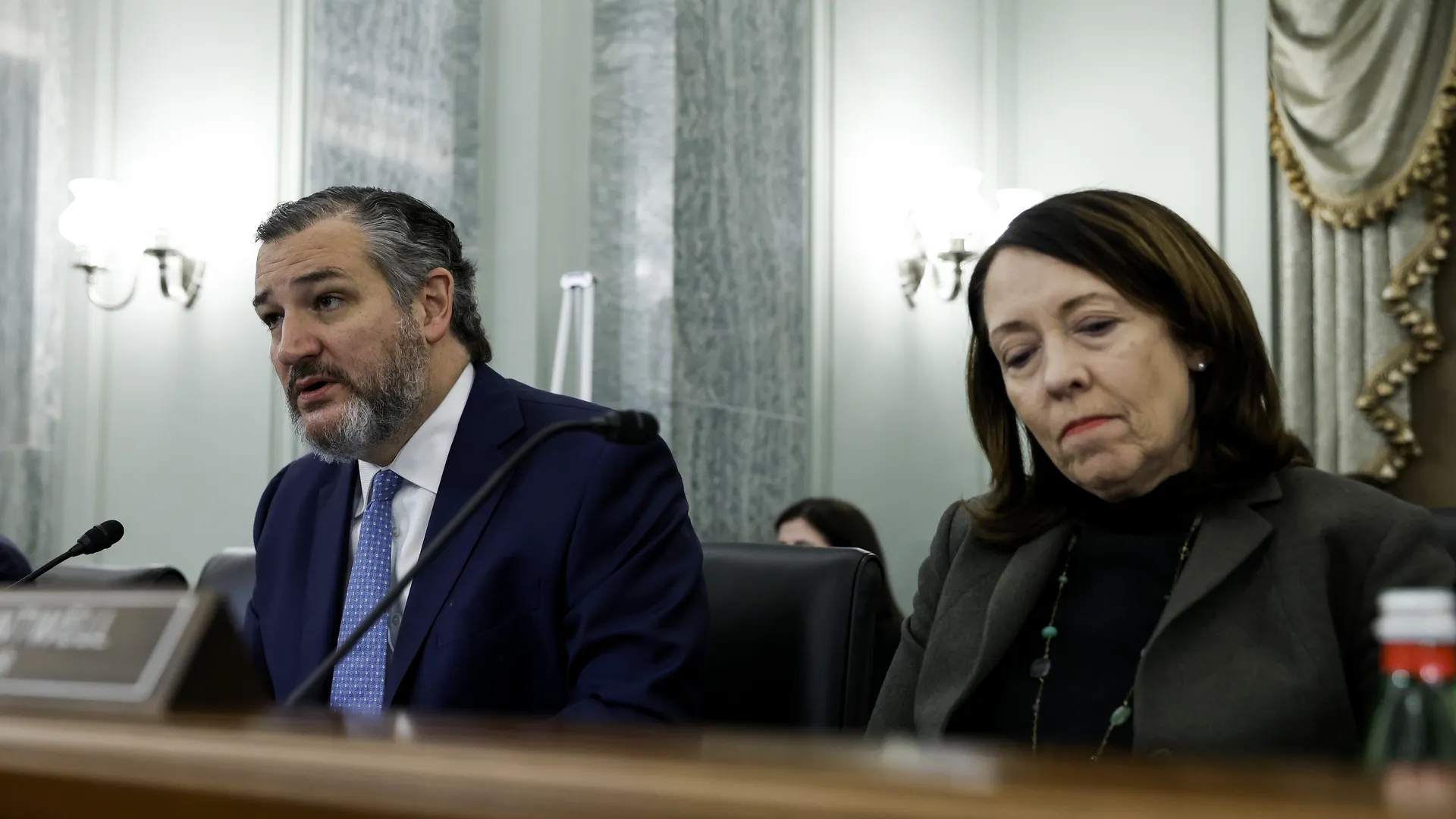The U.S. Senate Commerce Committee recently convened to address critical issues at the intersection of AI and privacy. The hearing highlighted widespread concerns among lawmakers about the potential risks associated with AI technologies, ranging from online surveillance and scams to hyper-targeted advertising and discriminatory practices.
Senator Maria Cantwell emphasized that AI’s rapid advancement could exacerbate these risks, allowing tech companies to exploit sensitive consumer data for profit. She cited examples like a restaurant allegedly using income data to prioritize reservations, illustrating the potential for AI-driven discrimination in everyday scenarios.
In response to these concerns, Cantwell and bipartisan colleagues introduced the COPIED Act, aimed at establishing federal transparency standards for AI models and protecting intellectual property from AI-generated content.
The proposed legislation would mandate the National Institute of Standards and Technology (NIST) to develop standards for content provenance and cybersecurity, prohibiting tampering with AI-generated content and ensuring accountability through legal avenues.

Senator Maria Cantwell
Support for such regulations came from various quarters, including major organizations in media and entertainment, underscoring the broad concern over AI’s impact on creative industries and consumer protection.
Witnesses at the hearing, such as law professor Ryan Calo and Mozilla’s Udbhav Tiwari, emphasized the need for data minimization and early privacy protections in AI development to prevent misuse and safeguard consumer rights.
However, amidst calls for stringent regulations, some lawmakers cautioned against potentially stifling innovation and imposing undue burdens on smaller businesses. Morgan Reed of ACT | The App Association argued for a balanced approach that considers the operational challenges faced by small tech firms and businesses utilizing AI technologies.
He highlighted the significant productivity gains and innovation potential AI offers to smaller players in the market.
Senator Ted Cruz echoed these concerns, advocating for targeted legislative measures like the Take It Down Act, which aims to combat harmful AI-generated deepfakes without overly restrictive regulatory frameworks. Cruz emphasized the importance of protecting privacy without hindering U.S. technological leadership and innovation.
While there is bipartisan acknowledgment of the urgent need for federal AI and privacy legislation, the debate revolves around finding a balanced approach that mitigates risks without stifling innovation or burdening smaller businesses.
The COPIED Act represents a significant step towards establishing clearer guidelines for AI use, aiming to protect consumer privacy and intellectual property in an increasingly AI-driven landscape.








































